Bipolarity, also known as mood disorder and formerly manic-depression, is an illness affecting 1% to 2% of adults worldwide. With alternating episodes of euphoria and depression, the daily lives of those affected are a constant challenge, even more so when you're a parent. We met Cécile, whose bipolar disorder was diagnosed at the age of 40. Her daughters were 4 and 1 at the time. With courage and resilience, Cécile agreed to answer our questions in complete transparency. Her moving testimony sheds light on this invisible and taboo disease, like everything else related to mental health. From the bottom of my heart, thank you Cécile.
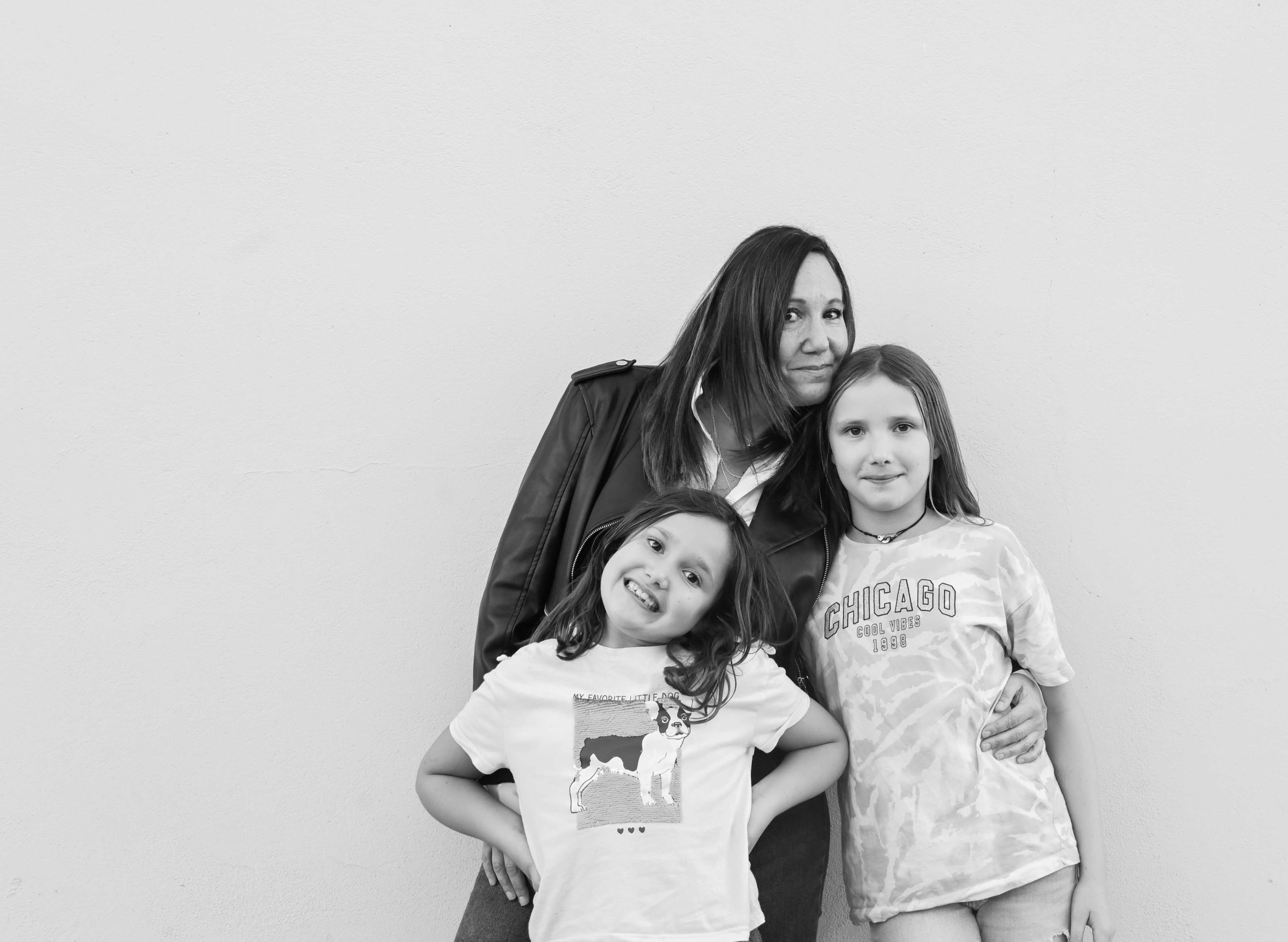
Cécile, can you introduce yourself in a few words?
I'm 47 years old and I'm French from Haute-Savoie. At the age of 36, I gave birth to my 1st daughter Ilona, followed 3 years later by her little sister Valentine. In 2015, my bipolar disorder was born. A disorder that will lead me to make life choices that no one ever prepares us for!
When and how were you diagnosed?
3 months before my 40th birthday. The year before, 2 weeks before giving birth, I learnt that my mom, suffering from pancreatic cancer, was doomed. I gave birth on oxytocin at D+12. Back home, in the throes of baby blues, I navigate between screaming, crying, fits and exhaustion. My return to work was very short-lived, as a friend of mine fired me as soon as I got back from maternity leave, which I felt was a betrayal. Despite the sadness, and in the midst of maternal burnout, I took the opportunity to spend as much time as possible with my mom in Grenoble.
In January 2015, she was hospitalized for the last time. The comings and goings make me feel guilty about being away from my daughters. Family tensions combined with sleep deprivation are weakening me. I feel I'm losing my footing.
On February 16, I return to Geneva for my daughter Valentine's 1st birthday. Before catching my train, I put make-up on my mom for her last birthday and bid her farewell.
On February 19, during Valentine's party, I learn of her death and, strangely enough, I jump for joy. Despite the circumstances, I'm euphoric, irritable and start acting strangely.
I slip away to buy a nice outfit for the funeral; I want to buy a house for my in-laws; I think very fast; my ideas fly; I'm hyperactive; I talk very fast; I want to contact France 3 so that they can attend the funeral and I ask a friend to film the eulogy that I've half-written... A real disaster!
Faced with this totally out-of-step, incoherent and worrying behavior, my husband sent for SOS doctor as a matter of urgency. I was unknowingly at the peak of my 1st hypomanic episode.
When you're diagnosed with bipolarity, how do you react?
I didn't react. I wonder if I even heard. When you're in the high phase, you're disconnected. I remember the doctor asked me to put all my self-help books in a box. My husband and in-laws took care of the girls like Aces, so that I could still attend my mom's funeral and avoid hospitalization.
What treatment/care are you initially offered?
In an emergency, the doctor gives me Zyprexa, a powerful neuroleptic, and we set up a "self-hospitalization".
Do you know where your bipolar disorder comes from?
It's important to know that bipolar disorder, also known as mood disorder, emerges when a genetic fragility meets a psychological fragility before coming up against a life event (redundancy, traumatic childbirth, death...). The interaction of the 3 gives rise to bipolar disorder, which I like to define as a losing trifecta.
My genetic fragility comes from my mother's side, with one known case and one suspected case. My psychological fragility is a hypersensitivity and ultra-reactivity to events that cause my emotions to spill over intensely and rapidly. Finally, the trauma and grief of losing my mother were immeasurable.
Studies show that the death of our parent can alter our brain chemistry. As for parental burn-out, it can become pathological in 5% of cases.
Finding the exact reason for my disorder will take the rest of my life.
I like to define bipolar disorder as a losing trifecta.
How do you reconcile motherhood and bipolarity?
I was already a mother when my bipolarity struck. It turned my life as a woman and mother upside down. I had to reinvent myself and do my best to assume my responsibilities. I regularly go through periods of turbulence from which I emerge stronger each time. I am accompanied by an extraordinary therapist who gives me the tools to better understand my daughters. Of all the jobs I've ever done, being a mom is the most energy-intensive and stressful, but also the richest in terms of learning.
Of all the jobs we do, being a mom is the most energy-intensive and stressful, but also the richest in terms of learning.
In my care, I'm very well surrounded, but at home, I'm just another solo mom who has to take on all the tasks, and it's often volcanic (smile). You constantly have to anticipate, solve and (re)frame things. I often feel overwhelmed. As far as I know, there are no home help structures, covered by insurance companies, to help single parents with mental illness.
Paperwork sometimes becomes insurmountable. Standing in front of my dishes in the evening makes me cry. Taking a shower when I'm depressed is like climbing Mount Sinai. I have to draw on unsuspected resources to keep my daughters from suffering. Last year, calling on friends for help, I came up with the idea of sending teenagers from my village to support me at home.
How did you explain the disease to your daughters?
It's one thing to experience the disease as a parent, it's quite another to see our children subjected to our behaviors caused by it. They're the first to witness it, and I'd go so far as to say that my daughters saw the signs before anyone else. I don't remember explaining it to them, because I wasn't up to it. And how do you tell a young child about an invisible disease that we, as adults, can't even see?
Every child evolves differently in the face of their parent's illness. I myself grew up with an alcoholic mother. I was little when she started drinking. I had to create my own shield in the face of life, because living with a mother who was sometimes unstable meant growing up in a family climate that was tense, conflictual, unpredictable or incoherent. It means dealing with a parent you both love and fear. It means being confronted daily with fear, shame, guilt, insecurity and isolation.
In addition to the challenges created by my illness, my daughters lost their 2 grandmothers in 11 months, animals they adored and, in 2018, they suffered the separation of their parents. My 2 little hypersensitives are very brave to start their lives this way.
Since covid, there's never been so much talk about mental illness. Many TV series and films deal with this disorder. At home, we're watching the series Ici tout commence on TF1. Vanessa Demouy plays a woman with bipolar disorder. It's an opportunity for me to talk to my daughters about what I'm going through.
Last October's vernissage of Tamara Pellegrini's book Ma maman a une maladie invisible, mais moi je la vois (the title speaks for itself) changed my vision of the disease and the way I experience it in relation to my daughters.
Can you count on the support of those around you?
This disorder is a burden for everyone, especially for those close to her. The same Cecile can be and function normally and then experience states of elation or depression. I think it's important for family and friends to know about it, because they become care partners. To this day, the people around me are the centerpiece of my foundation.
Do you talk about it easily or does the subject remain taboo and difficult to broach?
I'm a born chatterbox and a media and communications woman, so talking about it today makes sense in my quest to conquer Life. This life that has put illness, a formidable adversary, in my path.
What treatment are you on today?
I had a hard time with neuroleptics and their many side effects. The real Cécile is a woman of action, but when I took them, I was knocked out. In 2020, I switched to lithium, a molecule that treats mood disorders and which, fortunately, I tolerate well. This has changed my view of treatments and my acceptance of them.
How can I avoid a crisis/relapse?
Avoiding crises/relaps can be learned. You have to discover your limits and the warning signals to listen for in order to anticipate and avoid a crisis. For the past 2 months, I've been taking self-care breaks by going back to my childhood home in France to recharge my batteries. There I find the space and silence I need so badly.
Do you have a particular routine or lifestyle?
My priority and safe routine is my two daily lithium alarms. After that, my days are punctuated by my mood. To achieve a relatively stable mood, I work out twice a week with my sports coach Morgan, founder of 4GoodMove. Together, we set ourselves an important goal: to take in my mood and adapt the sessions to get the optimum dosage of endorphins, neither too much nor too little, so that my days are bearable.
Are you afraid of having a crisis when you're with your daughters? Would they be able to help you?
It's not their job to help me; my illness is exhausting enough for them. These 2 "nuggets" (as young people say today) draw on their personal resources to cope with this strange reality.
With experience, as soon as I feel I'm in trouble, or the symptoms appear, as soon as I see their sometimes frightened looks, their remarks, their behavior, they give me indicators that enable me to put an end to the beginning of a crisis.
When I hear "Mom, aren't you driving a bit fast?", "Boy, you're getting worked up over nothing", "But Mom, are you high or low there?!", I quickly get myself taken care of. In February 2021, I requested a scheduled hospitalization at the Clinique du Grand-Salève and was able to avoid a relapse.
Being a single mom with a mental disorder means facing parenting challenges to the power of 10!
Are you afraid your daughters will develop bipolar disorder? Is it hereditary?
It's a legitimate fear, because the genetic terrain is part of the equation, but it's not enough to trigger the illness. My referral nurse, who runs the Bauer group at the Mood Disorders Unit of the HUG in Geneva, recently reassured me that this disorder is not hereditary.
What is the impact of the illness on your daily life and your greatest challenges?
The impact is so considerable that it alone would merit a 2,000-word paragraph, but it's fair to say that my disorder makes my challenges more challenging than some people. Joachim Lafosse made a film in 2021 (which I recommend) about the daily life of a couple whose husband suffers from bipolar disorder. His title Les Intranquilles is a good way of expressing what we go through and what those around us go through.
Your best therapy?
The love of those who accompany me on this journey.
What has this disease taught you about yourself?
For the past 7 years, it's driven me to be my own Sherlock Holmes. I investigate and discover surprising things. I've become the expert on my moods.
I've become the expert on my mood.
Any message you'd like to pass on?
Recovering from a crisis requires considerable effort. There were times when I thought I was crazy, and I'm not ashamed to admit it today. My brain flies off the handle, even in a normal phase. That's the way I am, and no one and no treatment can take that away from me.
I'm delighted that some psychiatrists, including Patrick Lemoine, are now saying that "it has been established that there is a strong genetic link between manic-depressive illness, intelligence and creativity". This message might comfort some of the people I've met in psychiatric hospitals. Incredibly gifted and creative people who are unfortunately unable to realize their potential because mental illness is still too stigmatized, and I think that's a real shame.
It has been established that there is a strong genetic link between manic-depressive illness, intelligence and creativity.
Cécile, what's the best thing we can wish you today for tomorrow?
To be a FAIR mom.
What are your plans for the future?
With the decompensation, I realized that taking care of my health was THE priority. So I work on my well-being to be available for my daughters and the people I love. Ever since I was a little girl, I've wanted to help others. I'd like to organize an operation on the Belle-Idée estate and bring them some clothes. I've come across people in psychiatric hospitals who stay in the same clothes for several days or even longer. It made a deep impression on me. Every time I went out, I handed out clothes, and it was when I remembered the smiles on their faces that the idea came to me.
A dancer at heart, I'd like to reconnect with this passion by dancing my disorder and emotional states. I'd also like to co-produce a documentary with multiple perspectives and, one day, publish my book.
It's more than a battle, it's a conquest that doesn't yet have a name, but whose meaning is beginning to take a direction that's specific to my life choices. It has to do with communication!
My current mantra: "choose not to suffer".


Further information
Mood Disorders Unit - Geneva Psychiatric Specialty Service at the HUG
Fondamental Switzerland Foundation
SanteRomande.ch - Bipolar disorder
Podcast - Bipolar disorder: what's it like to live with it? - rts.ch - World
World Bipolar Day | HUG Services
"Les invisibles" auf Apple Podcasts
Mieux vivre avec un trouble bipolaire - Comment le reconnaître et le traiter - Paperback - Christine Mirabel-Sarron, Martin D. Provencher, Serge Beaulieu, Livre tous les livres à la Fnac co-écrit avec le Professeur Jean-Michel Aubry (HUG de Genève)
Biceps, help for children whose parent is suffering psychologically
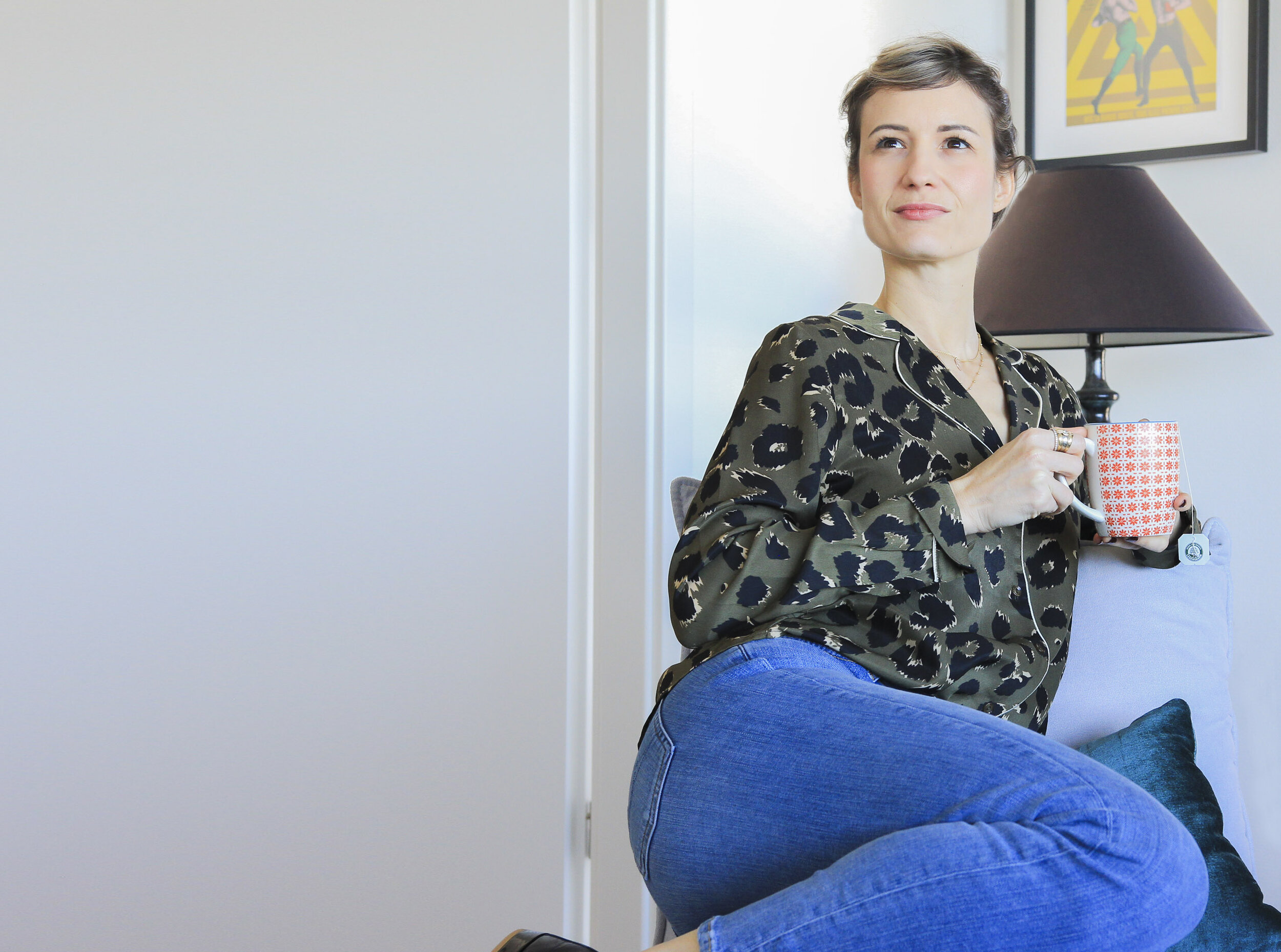
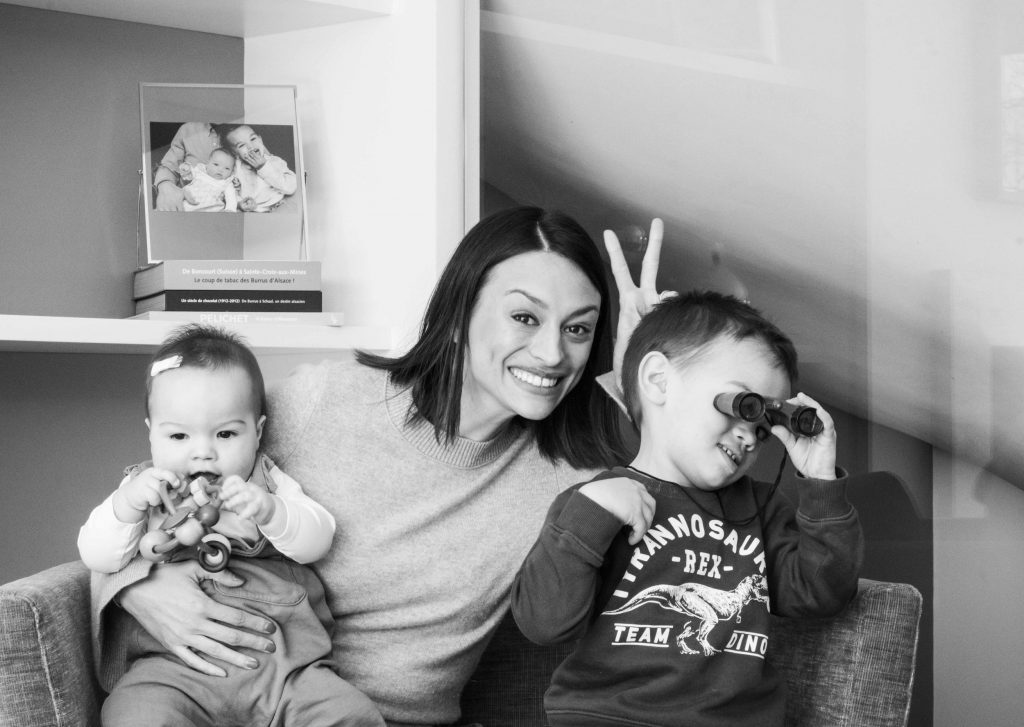
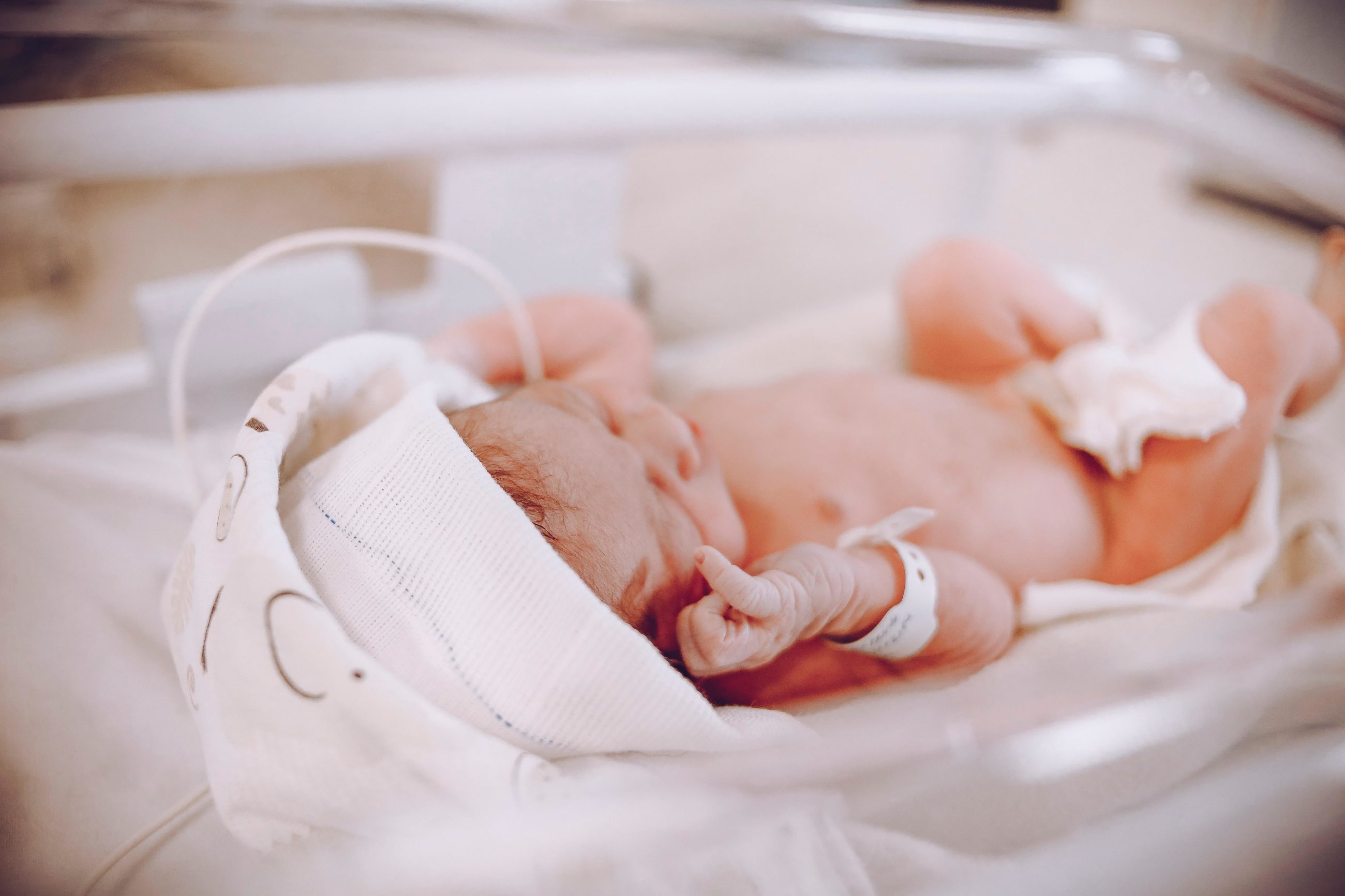
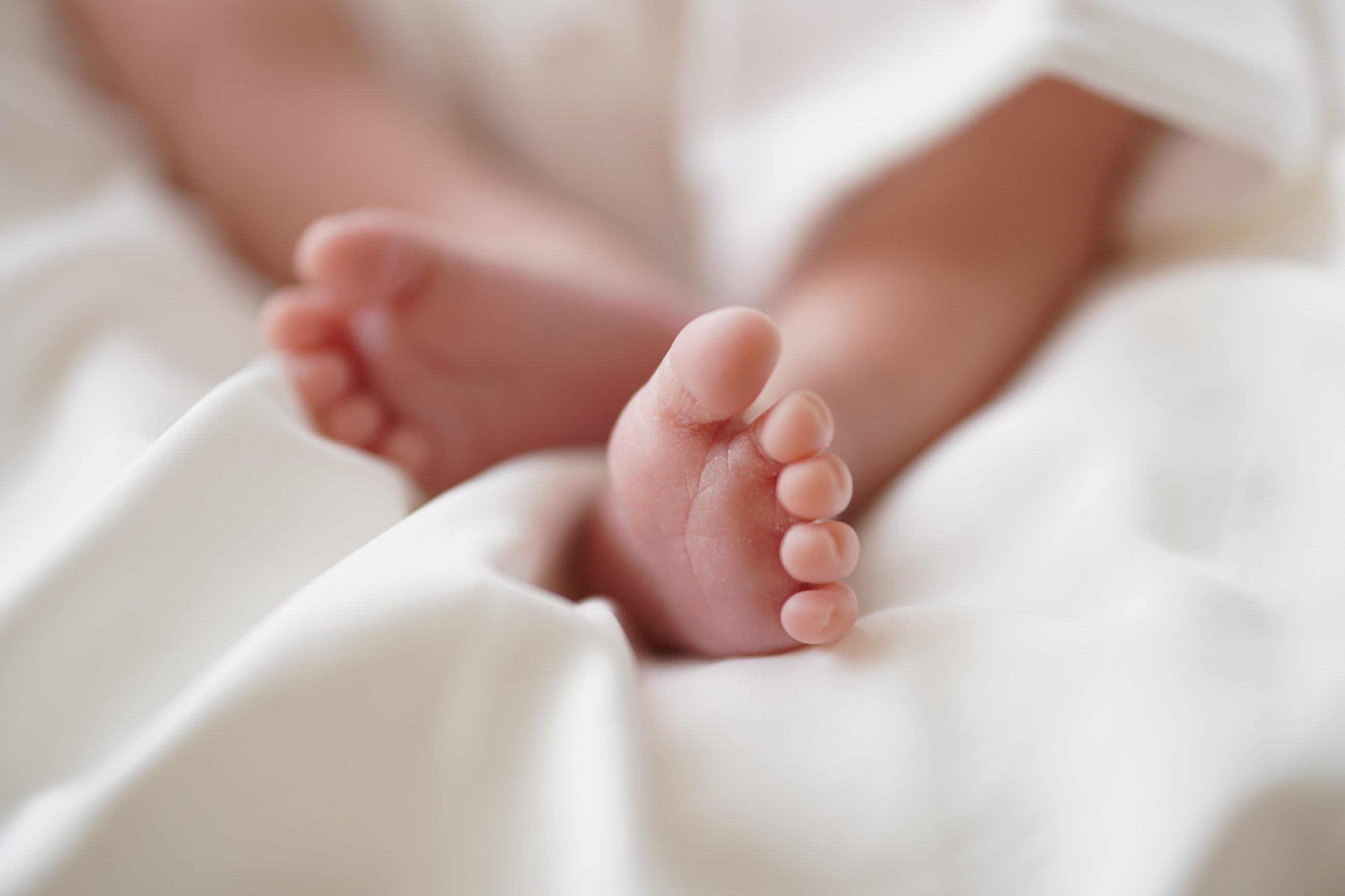
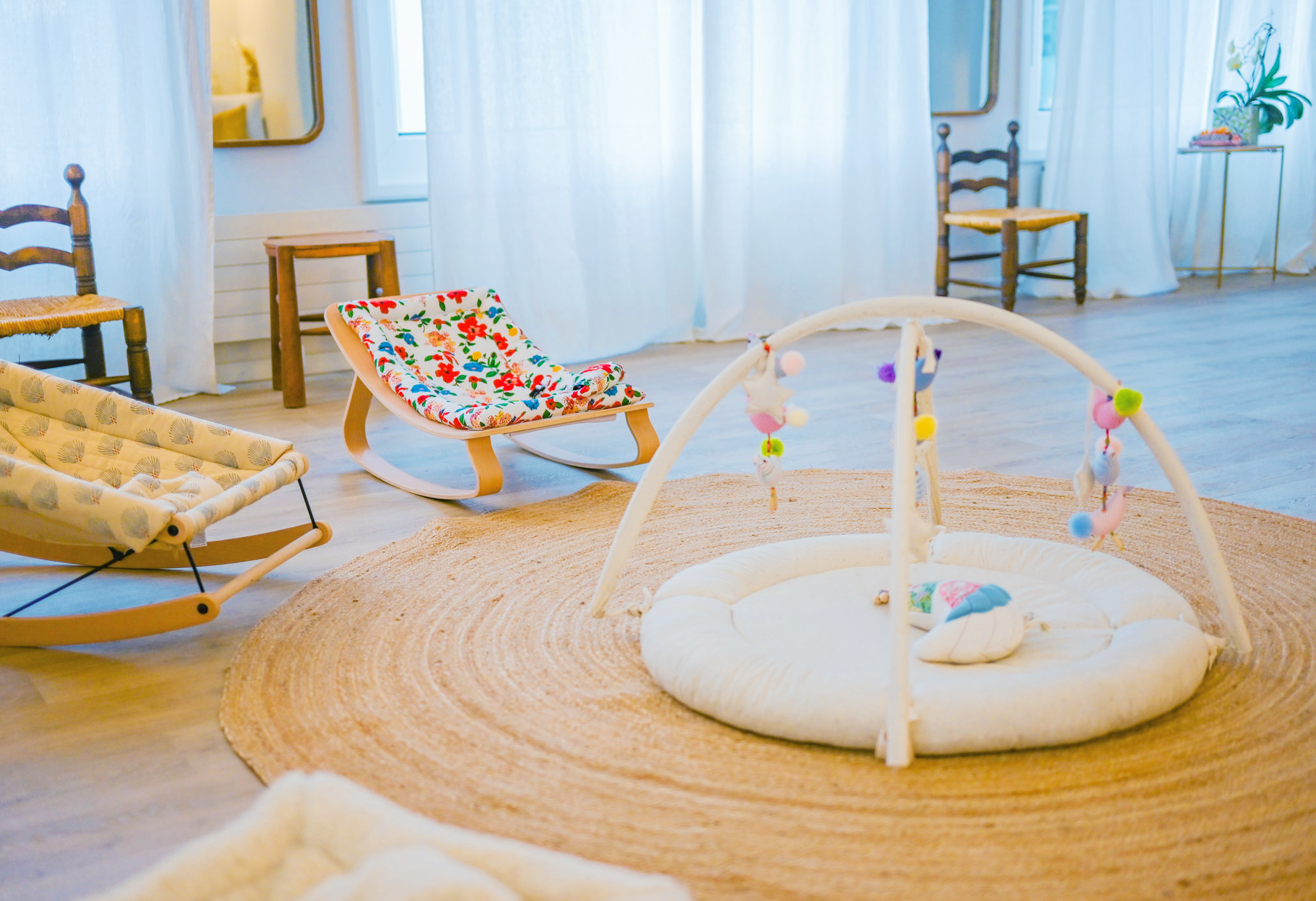

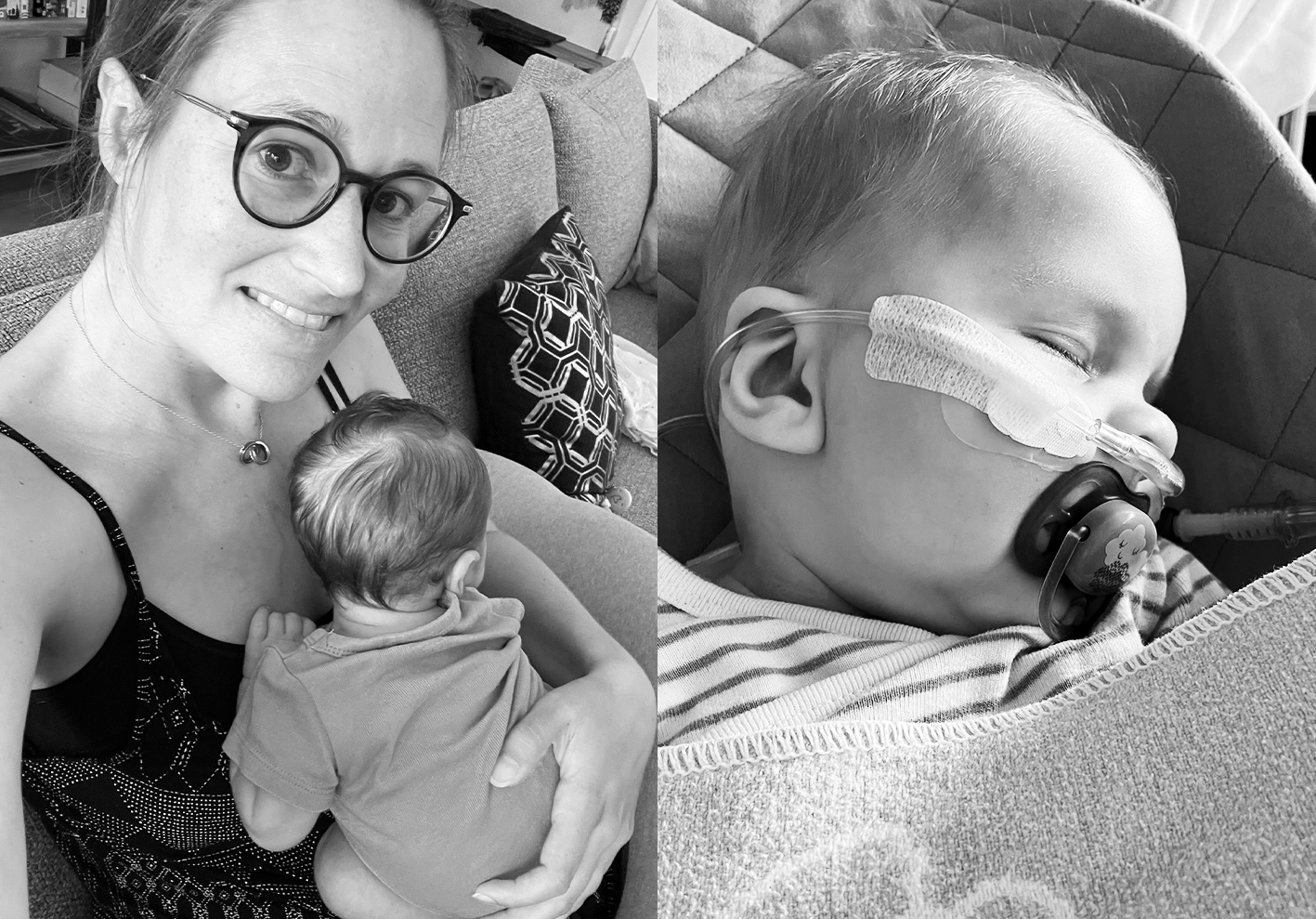
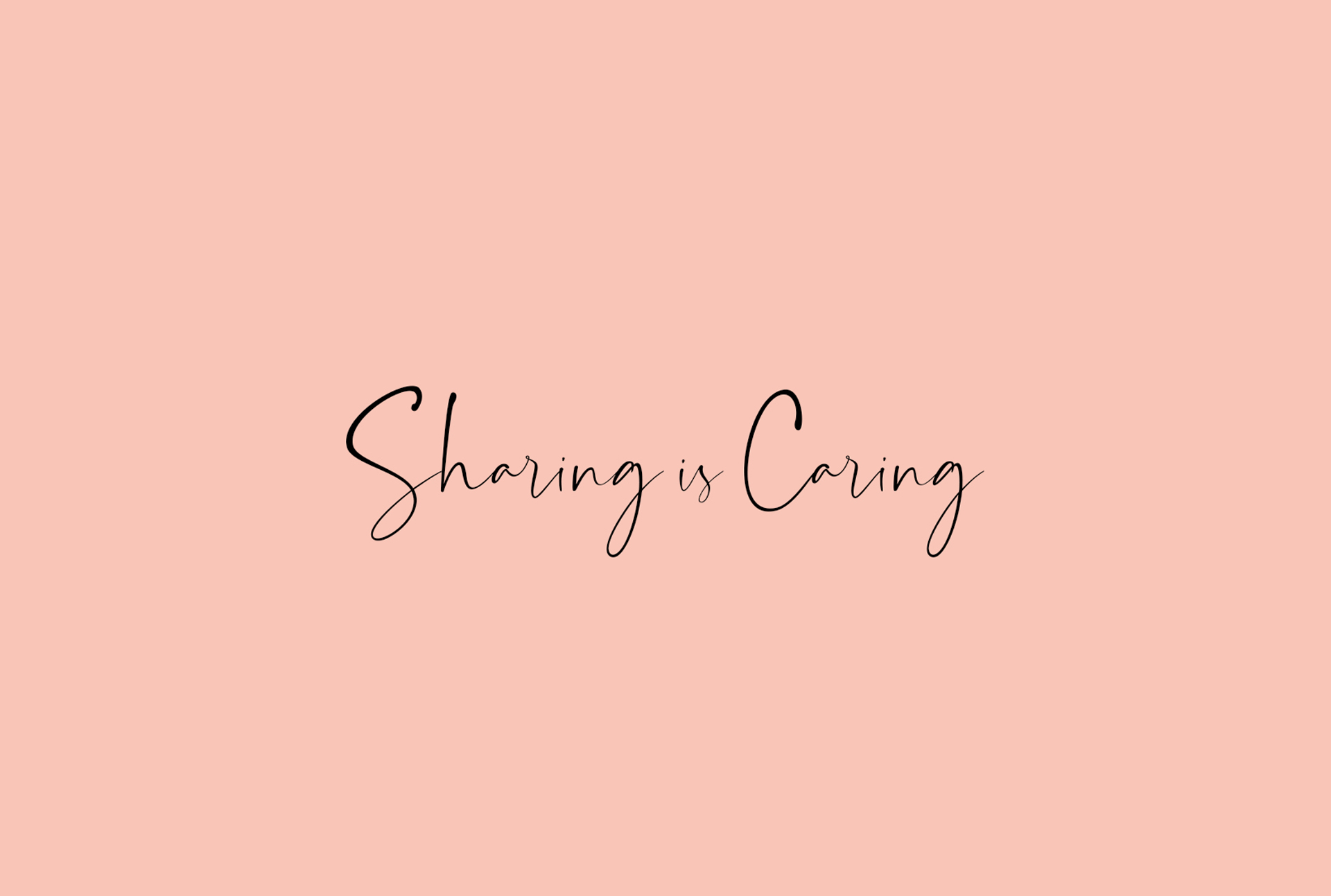
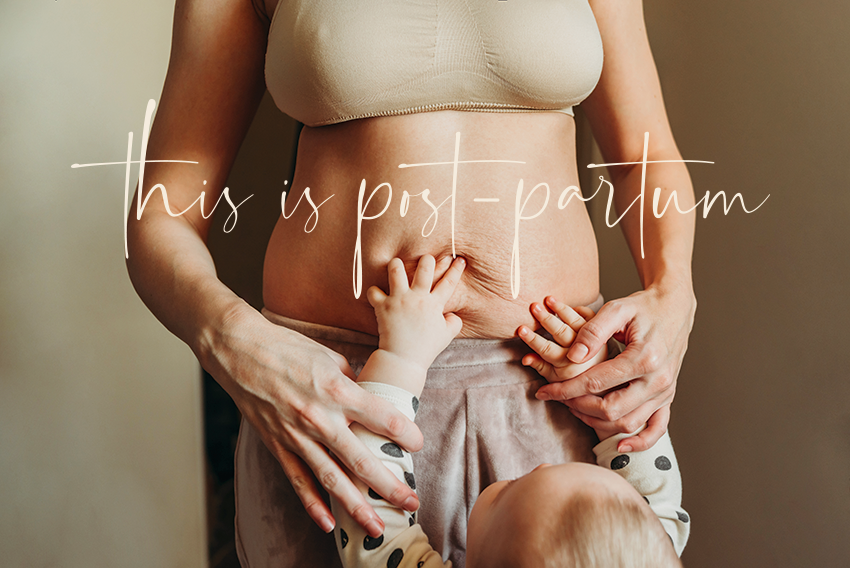



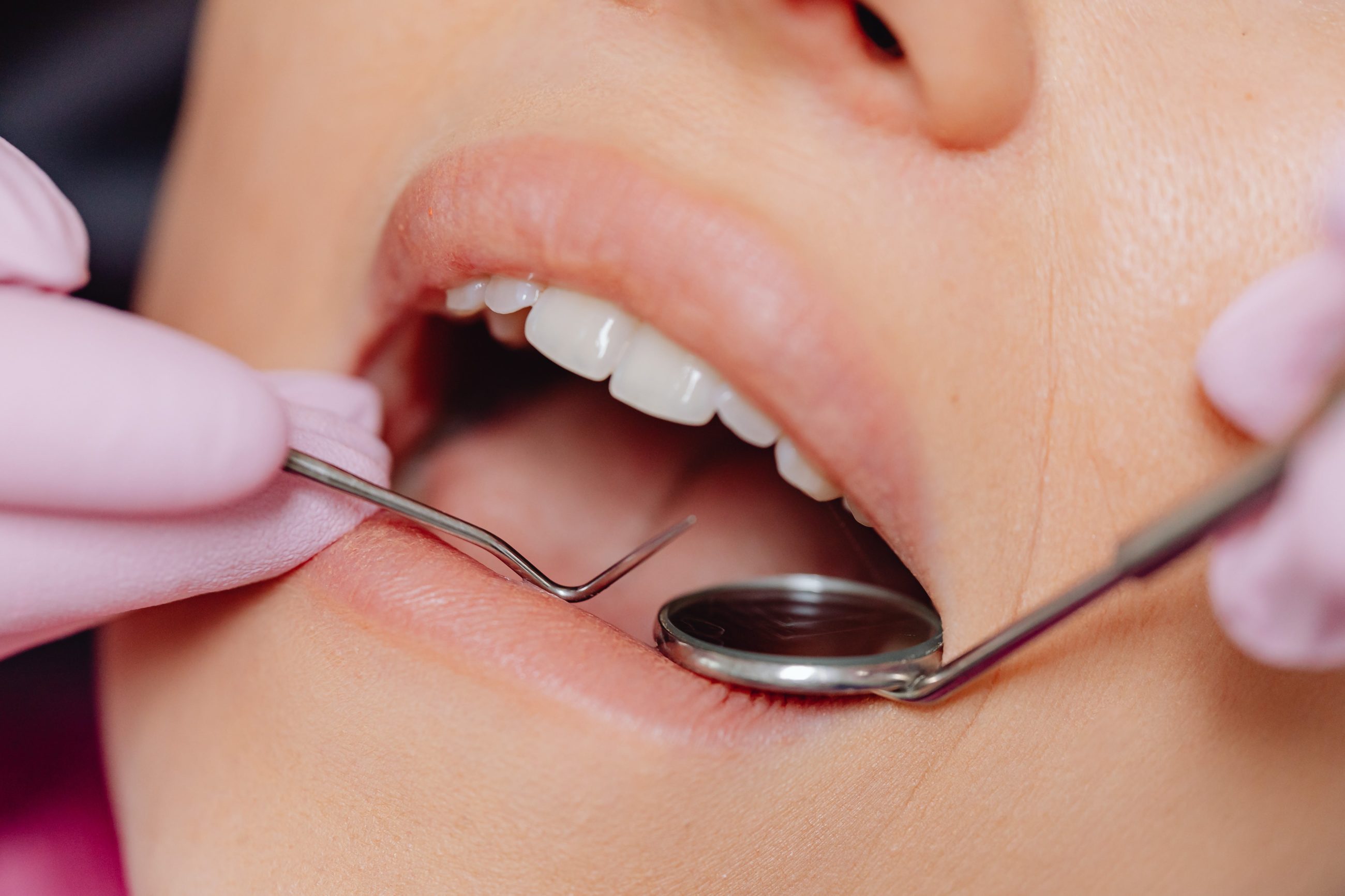





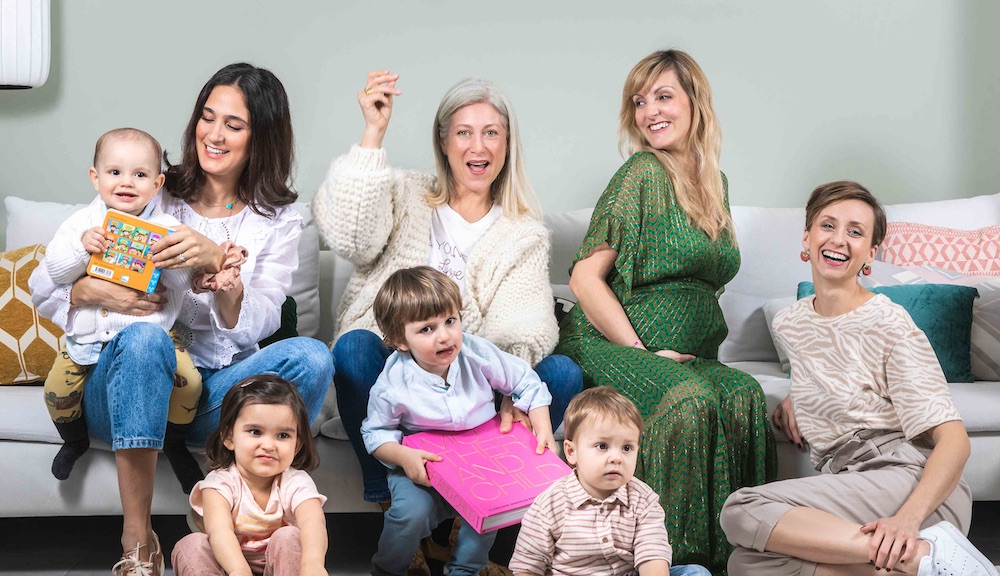


Share this article